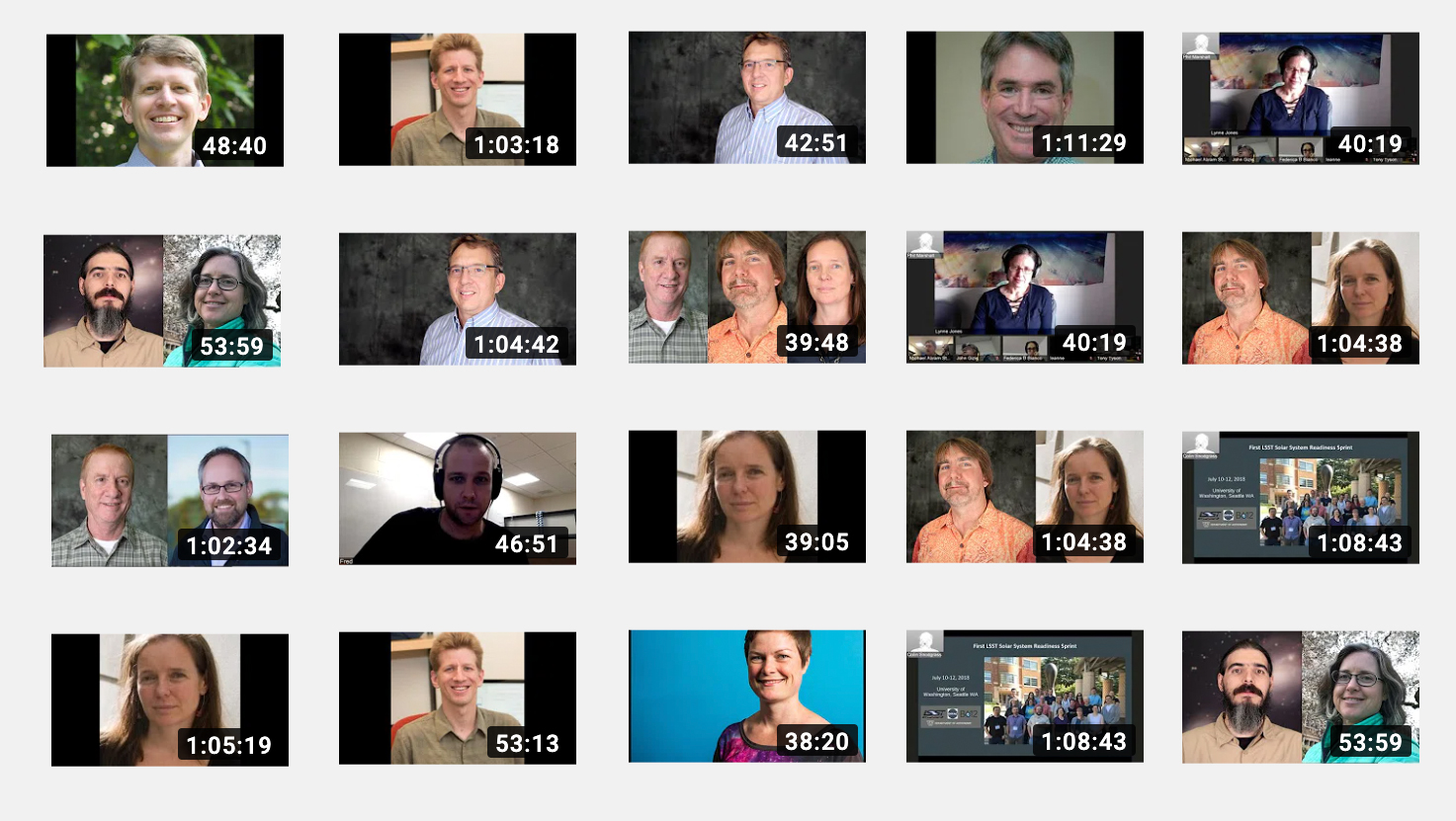Rubin Digest: for biweekly updates, see the News category in the Community Forum for links to the Digest.
LSST Corporation: see the LSSTC's News & Activities, including funding and fellowship announcements.
Community Events: find Science Announcements in the Rubin Community Forum (and use it to advertise your event).
For a curated list of recent news, scroll to the bottom of this page.
Deadlines
Fri Jun 14 2024: deadline to register for the Rubin Data Academy
Fri Jun 21 2024: registration deadline for the Rubin Community Workshop 2024 (if the 250 limit is not reached earlier)
For open employment positions and their application deadlines, see lsst.org/hiring.


